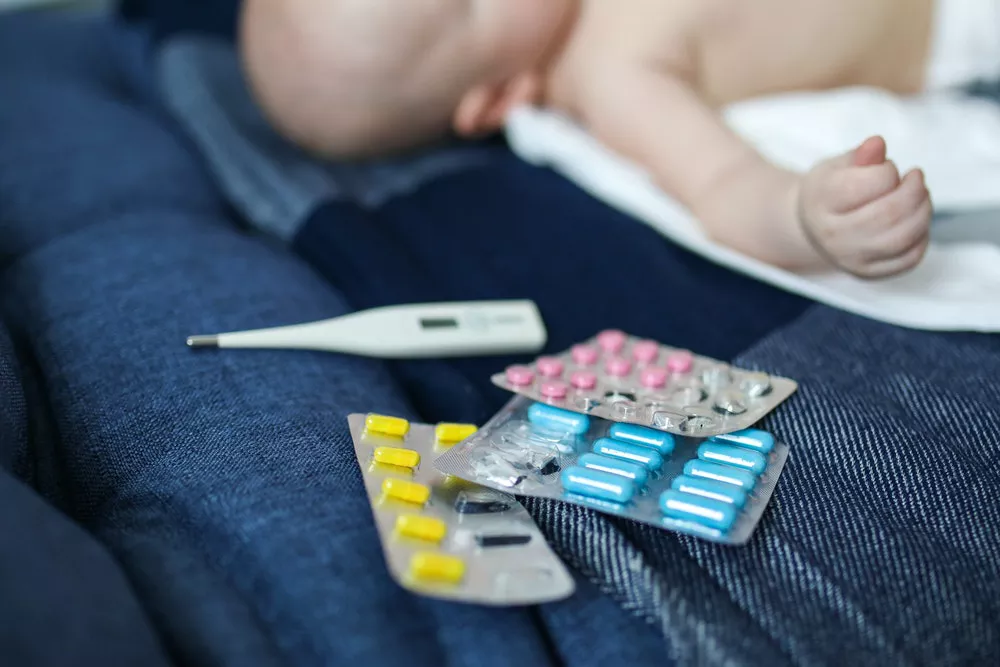Q: Is the higher the body temperature in fever, the more serious the disease?
A: Not really. Firstly, the higher the temperature of a child within 6 months of age, the higher the risk of serious disease However, the high temperature is not proportional to the severity of the disease, and the change in the child's mental status is more meaningful.
Q: Why is fever accompanied by chills sometimes?
A: Because of the temperature set point turned up. The thermoregulatory center of the hypothalamus turns up the temperature preset point of the body in fever.
So, during the period of rising temperature, the body will increase heat production by tremble to reach the set point, while during the temperature drop stage it will increase heat dissipation by sweating.
Q: Does taking measures to reduce fever promptly once fever occurs?
A: No, it is not necessary. Fever itself is a physiological defense mechanism that helps the body against infection. There is no evidence to support that early fever reduction can shorten the duration of the disease.
Q: Why does the fever reducing after feeling sweaty?
A: Because the thermoregulatory center turns down the temperature set point. When the temperature set point is turned down, the body increases heat dissipation through sweating and vasodilatation of the skin, which can drop the the body temperature to normal temperature.
Q: What precautions do I need to take if my child's fever persists for only one day?
A: No need. Fever of short duration is basically caused by infection. The duration of fever is related to the type of infection, the severity of infection and the body's own immunity.
Generally speaking, for the first time of infection the clinical symptoms are more serious and the fever lasts longer. In the case of second infection, the symptoms are milder and sometimes the fever only lasts for a while, which we do not worried about.
Q: Does a fever that reduce after a defecation indicate that the fever is caused by food accumulation?
A: No. Eating and defecation are normal physiological activities of the human body. No matter what the cause of the fever is, the fever will be turned down and the body will go through the normal metabolism.




